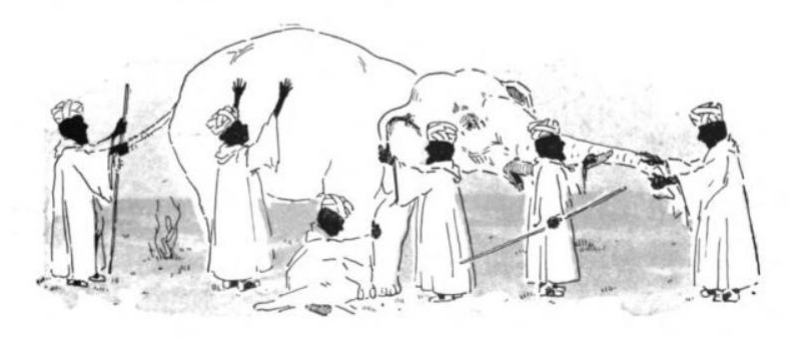 El Greco’s Christ Driving the Money Changers from the Temple, which may have led an onlooker or two to say, “Geez! That guy’s got a lot of chutzpah!”
El Greco’s Christ Driving the Money Changers from the Temple, which may have led an onlooker or two to say, “Geez! That guy’s got a lot of chutzpah!”
The word for today is Chutzpah. It’s from the original Hebrew so it’s Bible-related. And it’s modern for reasons including the chutzpah displayed these days, especially in political circles. In 2011 the word – as used in a sentence – was the center of a hubbub when Michelle Bachman pronounced it “choot-spa.” (See Michele Bachmann can’t pronounce “chutzpah” – Salon.com.) Another example: Legal scholars say chutzpah was used “231 times in American legal opinions, 220 of those after 1980.” See Chutzpah – Wikipedia, the free encyclopedia.
Wikipedia said it’s a Yiddish word referring to “the quality of audacity, for good or for bad,” as noted. It comes “from the Hebrew word ḥutspâ (חֻצְפָּה), meaning ‘insolence’ or ‘audacity,'” which makes it even more Bible related. (For that matter it may also refer to the kind of nerve it takes to argue with The Force That Created The Universe, a subject of prior blog-posts; On the Bible readings for August 3 and On arguing with God.)
Leo Rosten – who wrote The Joys of Yiddish – defined it as “that quality enshrined in a man who, having killed his mother and father, throws himself on the mercy of the court because he is an orphan.” He further defined it as “gall, brazen nerve, effrontery, incredible ‘guts,’ presumption plus arrogance such as no other word and no other language can do justice to” (referring of course to the ancient Hebrew from which much of the Bible sprang).
Which makes it clear that our Church forebears seemed to have quite a bit of that personality trait; people like Abraham, Moses and Jesus (seen above “cleansing the Temple”).
I mean, think about it. Here’s this “Jesus religion” saying that little ol’ you can make a spiritual connection with the Force Which Created the Universe. Beyond that, this religion says if you ask “Him” (anthropomorphism) to help you out, “He” will take time out from “His” busy schedule to personally intervene and straighten out the mess you’ve made out of your life.
How audacious is that? The nerve of some people!
On that note, try Googling the term “personal relationship with God.” I did that and got 50,400,00 results. (That fifty million, four hundred thousand.)
One website had this comment on the type of Bible faith in which…
…the primary expression is between God and the individual. Yet how often does the phrase “personal relationship with God” refer to faith/spirituality practiced in privacy? Lots! In a culture where everything in our lives is private – finances, sex, ethics, to name a few – religion and spirituality [are] expected to be private as well.
Which could lead to a thought that this personal relationship is tantamount to “being intimate” with The Force That Created The Universe, the Prime Mover, the Source of All Creativity. Beyond that, you might even say that to begin or maintain this relationship you don’t need a formal church or specific set of rules to follow – for example – to “get into heaven.” (But see On three suitors (a parable), as to the best type of personal prayer to achieve that end.)
So again, let’s get this straight. This “Jesus religion” says you – as an individual – can have a personal relationship with the Prime Mover, the First Cause, the Source of All Being, and that if you play your cards right, this Ultimate Being will intervene to help you in your personal life. . .
Now that’s chutzpah!

The upper image is courtesy of Cleansing of the Temple – Wikipedia, the free encyclopedia. And incidentally, the recessional hymn at The Scribe’s church for Sunday, July 27, was 616, “The Kingdom of God,” with a middle passage of the first verse saying “He” – meaning Jesus – “comes to break oppression, to set the captive free.” Apparently you can’t do that without a little chutzpah, which may have been why Jesus so upset the orthodox of His day.
(Which leads to another question: Is “orthodox Christianity” a contradiction in terms?)
For references on the perception that Christians are negative, see On the Bible readings for August 3.
As to chutzpah as “the word used in a sentence,” the phrase was popularized recently by another hubbub, in the 2014 National Spelling Bee. A judge – asked to use the word “milkshake” in a sentence – referred to a 2003 song by the “American recording artist Kelis.” Since this blog is ostensibly family-oriented, let’s just say that in the song milkshake was “used as a metaphor for [that which] makes women special.'” See Milkshake (song) – Wikipedia, the free encyclopedia.
(To which the Scribe has two comments. First, “That judge showed a lot of chutzpah.” Second, “It’s amazing what you can learn doing research for a blog, if only you open your mind.)
Also as to the reference “used in a sentence,” see Spelling Bee Judge Quoted Kelis’ ‘Milkshake’ In Example … and A Spelling Bee judge quoted Kelis’ ‘Milkshake’ to use a word …
See also the Contest Rules of the 2014 Scripps National Spelling Bee | …, which provide in part:
The speller may ask the pronouncer to say the word again, define it, use it in a sentence, provide the part of speech, provide the language(s) of origin and/or provide an alternate pronunciation or pronunciations.
As to the quoted portion referring to “where the primary expression is between God and the individual,” see davidwarkentin.blogspot.com/2010/09/last-thing-in-world-id-wan…..
The lower image is courtesy of the Anthropomorphism – Wikipedia, the free encyclopedia, which included the caption, “In this illustration by Milo Winter of Aesop‘s fable, ‘The North Wind and the Sun,” an anthropomorphic North Wind tries to strip a traveler of his cloak.”
Other sources as to anthropomorphism, Prime Mover, etc., include: Prime mover – Wikipedia, the free encyclopedia, first cause (philosophy) — Encyclopedia Britannica, Cosmological argument – Wikipedia, the free encyclopedia, Unmoved mover – Wikipedia, the free encyclopedia, and/or Personal god – Wikipedia, the free encyclopedia.
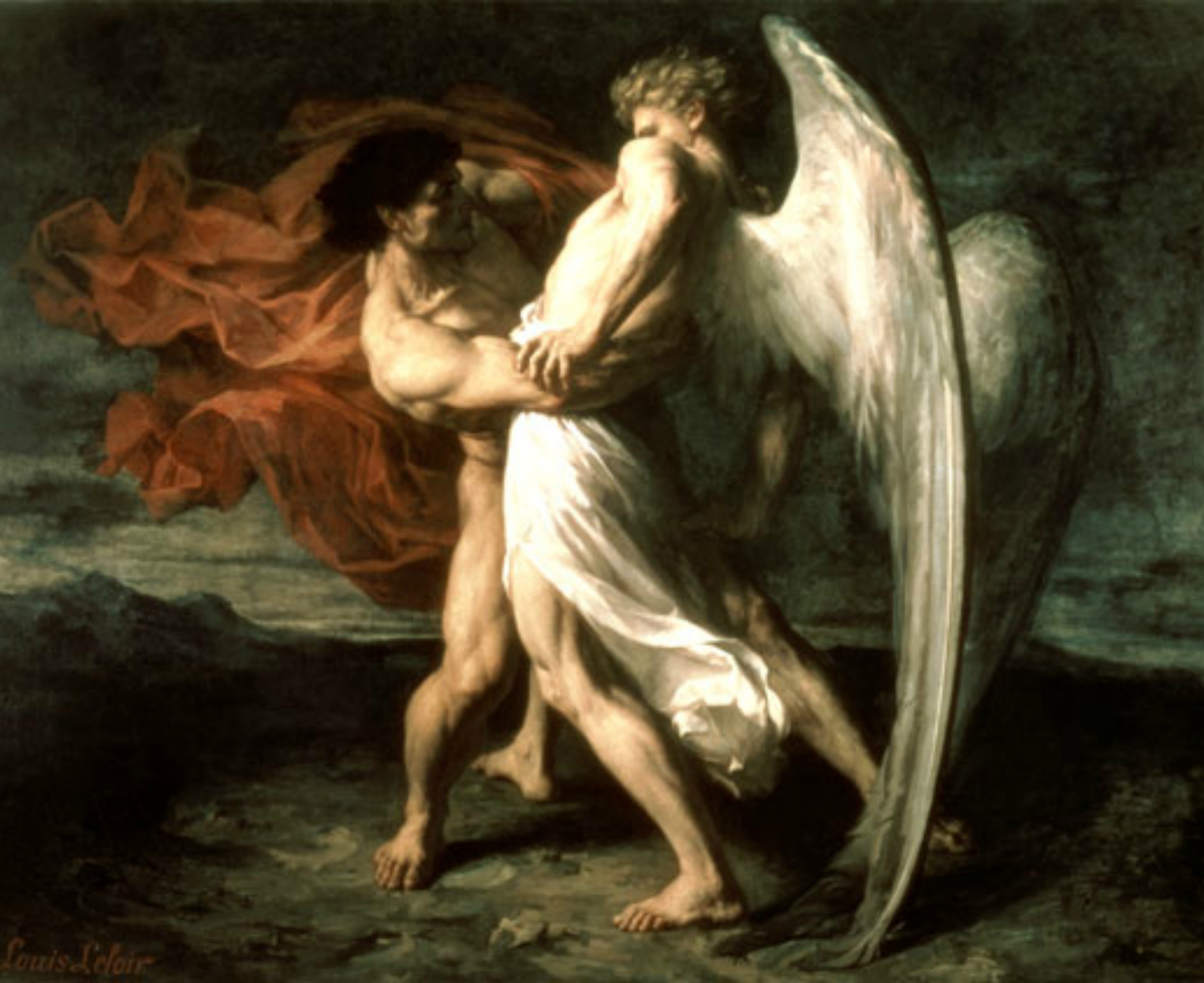



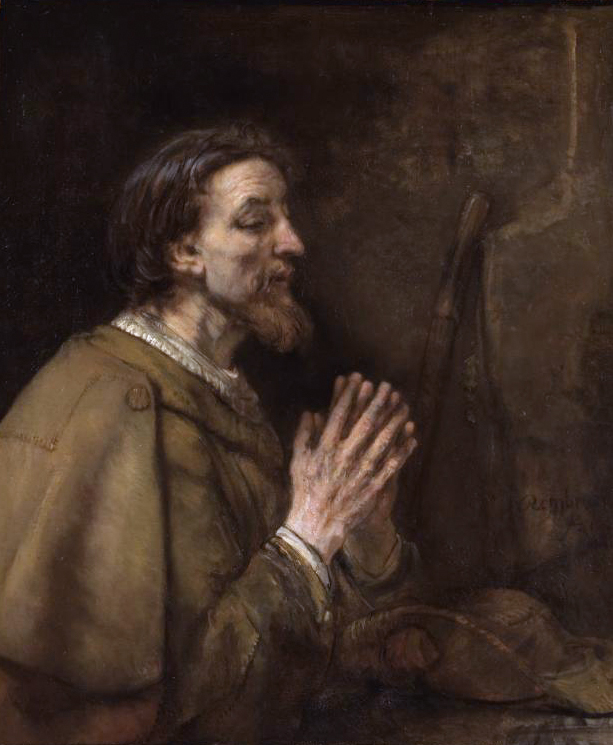



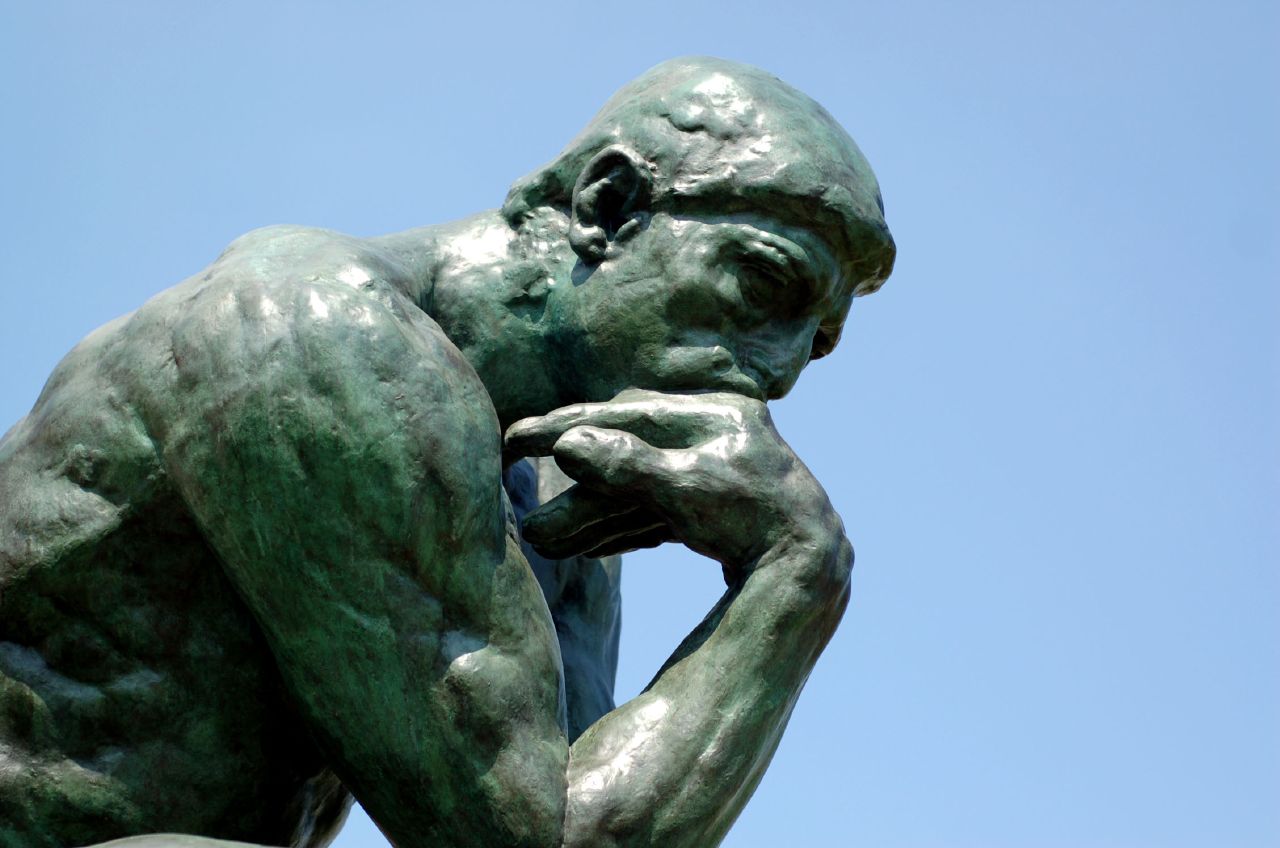


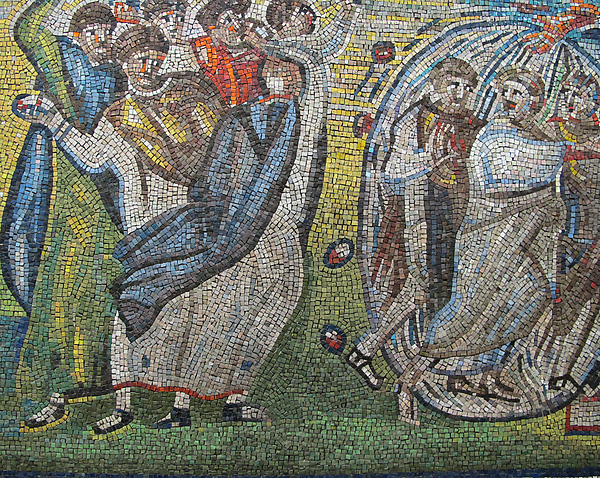 In other words, Moses had to write very carefully. In the first place, he had to make sure his primary audience of soon-to-be desert cut-throats would listen to him. Second, he had to insure they wouldn’t turn and stone him for
In other words, Moses had to write very carefully. In the first place, he had to make sure his primary audience of soon-to-be desert cut-throats would listen to him. Second, he had to insure they wouldn’t turn and stone him for 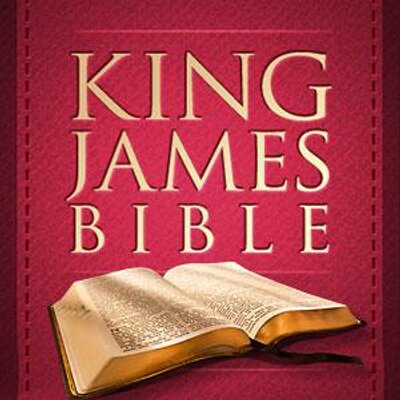 Note first that the “through a glass, darkly” phrase is from the
Note first that the “through a glass, darkly” phrase is from the 